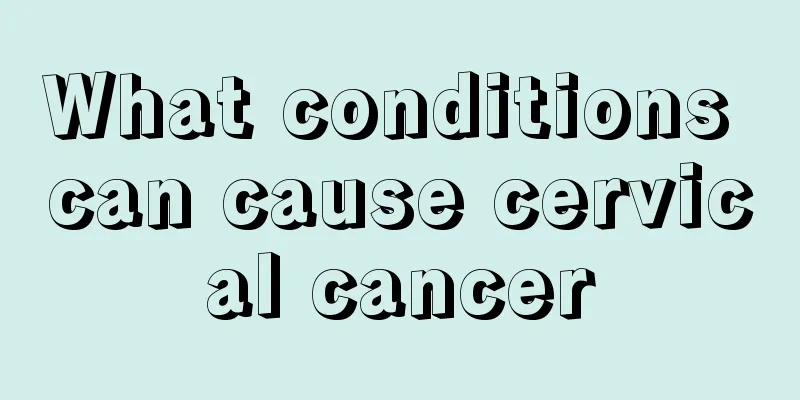What to do if you have constipation during Bigu

|
More and more people are joining the ranks of fasting for health preservation, and some people even practice fasting several times a year. Of course, this also depends on personal physical condition. Fasting can relax the whole body, especially the digestive system can be relieved. However, some people still suffer from constipation during fasting, which is very distressing. What should we do if we suffer from constipation during fasting? In fact, there is no need to worry. You can increase the amount of exercise and do more aerobic exercise. 1 What to do if you are constipated during the fasting period Constipation itself is caused by excessive burden on the gastrointestinal tract and insufficient motility. After fasting, the stomach and intestines enter a state of rest and recovery. It is normal not to have a bowel movement or to have the urge to defecate but not be able to do so. Do more aerobic exercise and go outdoors more often to breathe fresh air, and maybe the blockage will be resolved in a few days. Of course, even if it is still not smooth, it won’t be a big deal. Just let nature take its course and everything will be fine once your stomach and intestines recover. Another very important point is to be moderate in your diet. In addition to controlling your food intake, try to avoid foods that are strong-tasting, difficult to digest, and spicy. As you gain more experience with fasting, you will naturally understand that food is just a means to maintain life and is not worth being greedy for. 2 What are the causes of constipation? 1. Constipation caused by dietary factors: If the food intake is small and refined, with less crude fiber, it takes a long time to form feces, and a large amount of water is absorbed in the body, so dry and difficult stools appear, resulting in constipation. 2. Failure to form a good habit of regular bowel movements in life. Many people have busy work, business trips, irregular lifestyles and other factors. Even if they have the urge to defecate, the surrounding environment does not allow defecation, so they can only endure it. Over time, the rectum's sense of pressure on the stool decreases, resulting in no urge to defecate and constipation. Some people read books or newspapers in the toilet for a long time while defecating, which leads to long defecation time. Over time, it leads to habitual defecation time being too long, forming constipation. 3. Elderly and frail people or those who have been bedridden for a long time have difficulty defecating because their muscles that assist defecation are weakened. Due to the relaxation of the perineum in middle-aged and elderly women, feces accumulate in the anus during defecation, causing outlet obstruction, making defecation difficult and causing a feeling of obstruction in the anus. During defecation, the pressure in the anus is dispersed and the stool is incompletely emptied. 4. Intestinal lesions Intestinal lesions can cause the intestines to become narrow, resulting in difficulty in defecation, such as colorectal cancer, chronic proliferative intestinal inflammation, postoperative intestinal adhesions, etc. Intestinal diseases can not only cause constipation, but also cause corresponding symptoms. 5. Diseases of the nervous system can also cause constipation. Generally speaking, nervous system diseases that can cause constipation include brain tumors, Parkinson's disease, sacral nerve or spinal cord injuries, spinal cord tumors, multiple sclerosis, etc. 6. Diseases in the large intestine can also cause constipation. Diseases in the large intestine can also cause constipation, such as irritable bowel syndrome, one type of which is called spastic constipation, which can cause a certain degree of constipation, and sometimes alternating diarrhea and constipation. 3. Things to note when fasting 1. It is not advisable to overeat immediately after fasting, as it may easily lead to acute gastroenteritis. You should eat a balanced diet. 2. If you experience dizziness or high blood pressure during the fasting period, it is caused by excessive mental tension and can be relieved by eating an appropriate amount of food. 3. During the fasting period, which is the stage of cleaning the internal environment, if there are too many toxins in the body, it will manifest on the skin as spots, pigmentation, etc. Don't worry, once the toxins are cleared away, the spots and pigmentation will disappear. 4. During the fasting period, unreasonable diet (irritating food, such as excessive cold or heat, etc.) is prohibited, which can also lead to acute inflammation and an increase in serum amylase, so proper rest is needed. 5. During the fasting period, if you experience nausea, dizziness, pale complexion, fatigue, or sweating, please do not worry. This shows that your physical constitution is very weak and you need to eat properly under the guidance of a technician. After conditioning by a fasting health therapist, the symptoms will disappear. |
<<: How to preserve fresh Tremella
>>: How long is the best time to soak Tremella
Recommend
Scientific methods to prevent lymphoma
Those of us who have studied biology may know tha...
What is the pain in the upper part of the mouth
Every summer, the roof of my mouth hurts and I ha...
Recommended tips for winter antifreeze
Everyone needs to pay attention to antifreeze in ...
What are the early symptoms of esophageal cancer
Eating hot food for a long time can cause great h...
What diseases does the health certificate mainly check for
People working in some special industries, such a...
How long does it usually take for liver cancer to develop
How long does it usually take for liver cancer to...
The treatment rules for gallstone removal that half of people don’t know
Gallstones are a common disease at this stage. Ga...
When is the best time to soak your feet in summer?
Many people may have the habit of soaking feet, e...
Brief introduction about glioma
Glioma is a malignant tumor disease that cannot b...
How to distinguish good Kuding tea from bad
Kuding tea has the functions of clearing heat and...
What medicine should patients with bronchial lung cancer take for cough?
What medicine should patients with bronchial lung...
What to do if the bladder wall thickens
If you feel that your bladder wall is thickening,...
Breathable fruit
There are many kinds of fruits, and different fru...
The reference range of normal nse value is: <12.5 U/mL.
The normal value of NSE is the reference value us...
Are disposable paper cups toxic?
With the continuous development of science and te...









